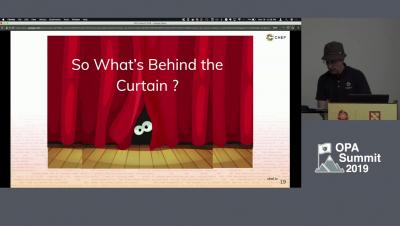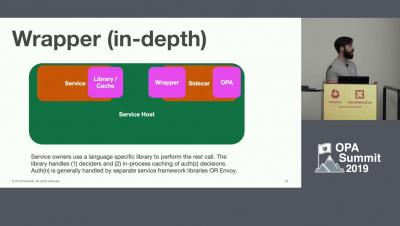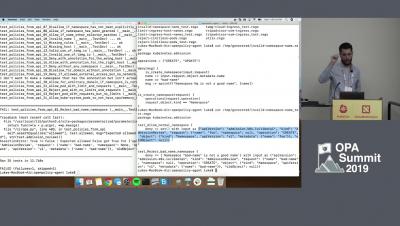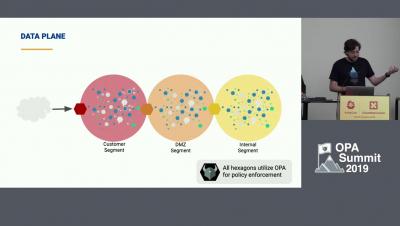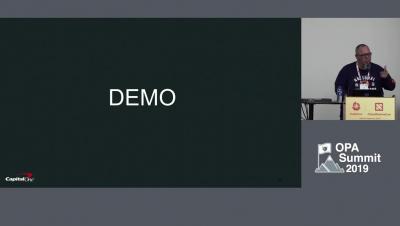How to make remote a success
A couple of weeks ago, I attended the P9 Founder Summit in Malta organized by Point Nine Capital. One of the workshops was about remote work. Soon after, I led a webinar for the #p9family and I thought I would share our experience at Bearer thus far.





